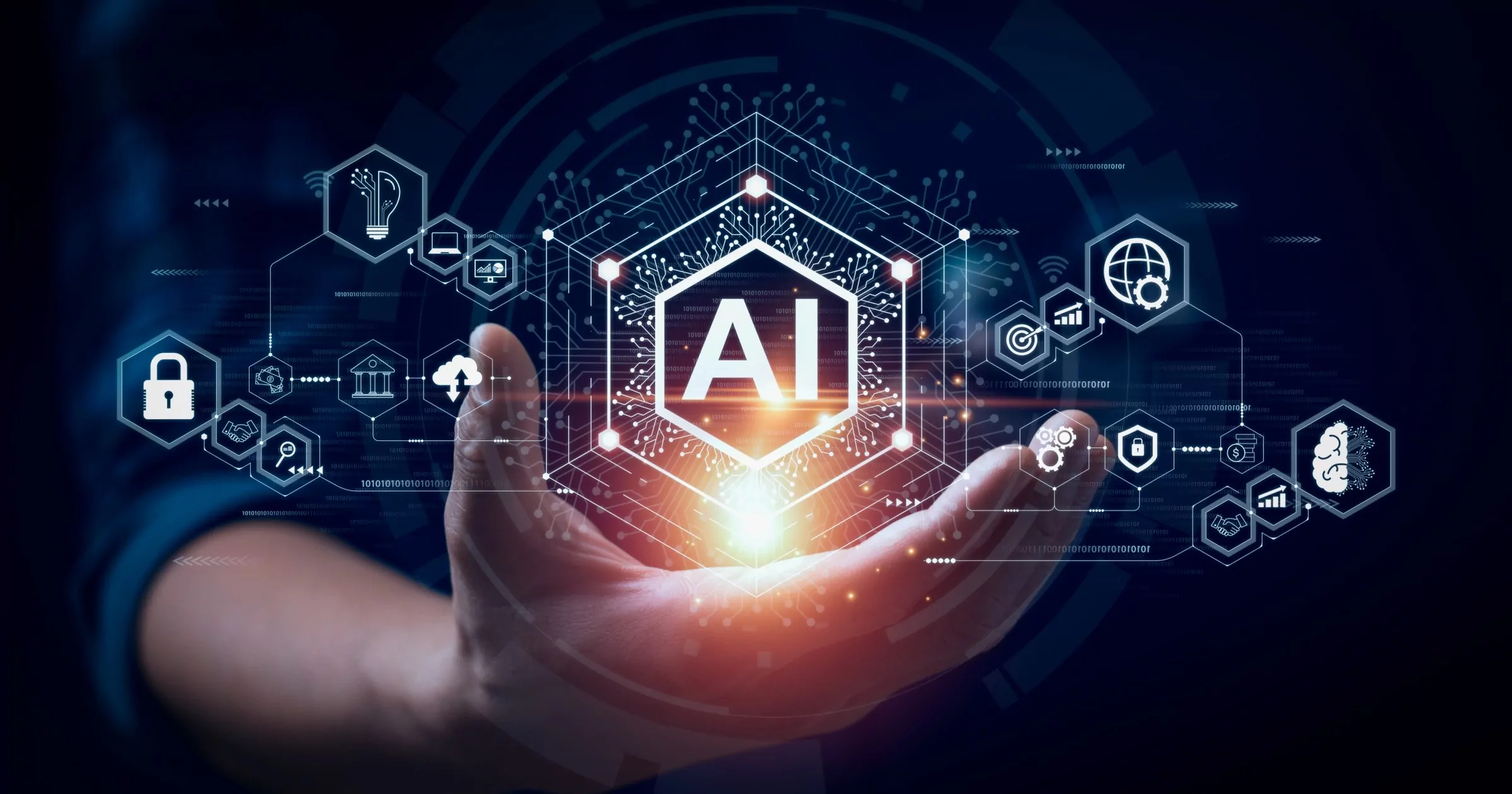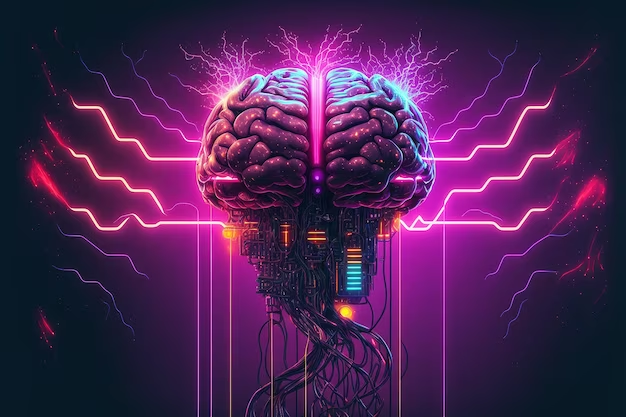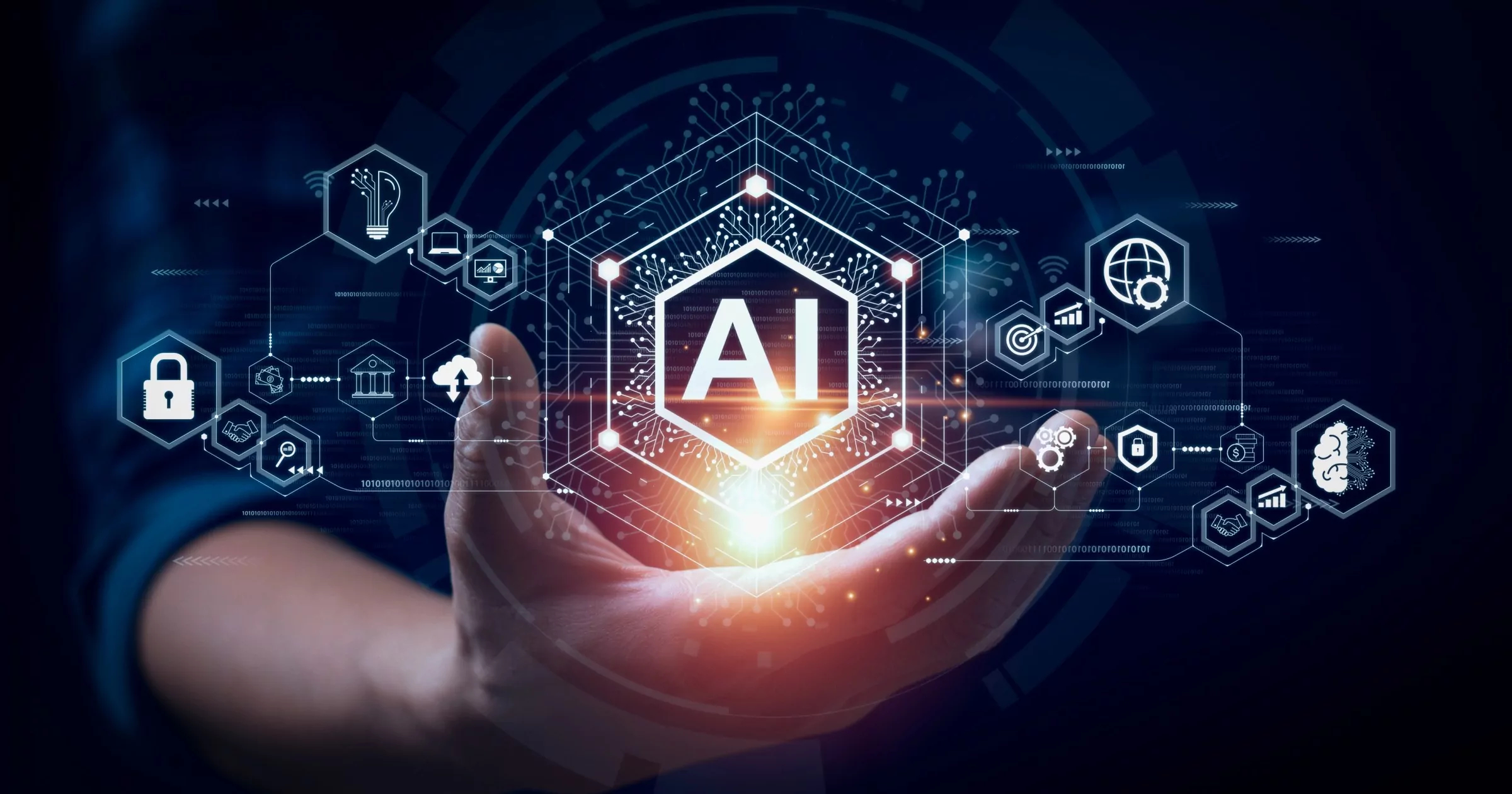
Imagine waking up and asking your smart assistant for the weather, only to have it remind you of an umbrella because it knows you hate getting caught in the rain. Or consider how Netflix seems to magically know what show you'll love next. These everyday interactions with AI showcase its power. However, this power is currently concentrated in the hands of a few tech giants.
These companies have the resources to harness AI’s full potential, leaving the rest of us as mere consumers. But imagine a world where AI is democratized, where its tools and benefits are available to everyone, not just the privileged few. The democratization of AI holds the promise of empowering individuals and businesses alike, leveling the playing field, and fostering a new era of innovation and creativity.
Breaking Down the Walls: Pathways to Democratization
The journey to democratize AI is not without its challenges. High costs, the need for specialized technical knowledge, and the lack of user-friendly tools have created significant barriers. Yet, the horizon is bright with solutions designed to break down these walls.
Cloud-based AI platforms are revolutionizing access by lowering the cost barrier. Companies can now access powerful AI resources on-demand, paying only for what they use. This shift is akin to renting a high-performance car for a day rather than buying one outright – making advanced technology affordable and accessible.
No-code and low-code AI tools are another game-changer. These platforms allow users with minimal coding experience to build their own AI applications. Imagine a small bakery owner using a drag-and-drop interface to create an AI-driven marketing campaign – it's now possible.
Open-source AI libraries are fostering a culture of collaboration and innovation. By making AI code publicly available, these libraries invite anyone with curiosity and initiative to explore, modify, and improve AI technologies. This openness not only promotes technological advancements but also makes sure that a small group of people do not monopolize AI development.
The Power in Your Hands: Democratization's Impact
The real magic of democratized AI lies in its impact. Small businesses can leverage AI for more effective marketing and customer service, allowing them to compete with larger corporations. An independent artist might use AI to explore new creative realms, generating novel music or visual art that captivates audiences. Meanwhile, scientists and researchers benefit from AI-powered data analysis, accelerating discoveries that could change the world.
Consider a local coffee shop using AI to personalize marketing based on customer preferences, increasing loyalty and sales. Or a researcher at a small university who uses AI to analyze vast datasets, making groundbreaking discoveries in less time. These examples highlight how AI, once democratized, can become a powerful tool for innovation and growth at every level.
AI for the Greater Good: Democratization and Social Impact
Beyond individual and business applications, democratized AI holds tremendous potential for social impact. AI tutors can provide personalized education, adapting to each student's unique learning style and pace. This could revolutionize education, making it more effective and accessible.
In healthcare, AI-powered tools can assist in early disease detection and personalized treatment plans, potentially saving lives. For instance, an AI system might analyze medical data to spot early signs of disease that a human doctor might miss, leading to earlier and more effective interventions.
Environmental monitoring can also benefit from democratized AI. Citizen science projects, where volunteers collect and analyze data, can now be augmented with AI tools to monitor and protect our environment more effectively. Imagine communities around the world using AI to track wildlife, monitor pollution, or predict natural disasters, all contributing to a healthier planet.
The Human and the Machine: A Symbiotic Future
As we embrace the democratization of AI, the collaboration between humans and machines becomes crucial. Responsible and ethical AI development requires human oversight and critical thinking. We must ensure that AI enhances our lives without compromising our values or security.
This symbiotic relationship emphasizes that, while AI can provide incredible tools and insights, human judgment and creativity remain irreplaceable. With a shared vision of progress and ethical considerations, humans and AI can work together to create a future where technology serves the greater good.
Conclusion
The democratization of AI has the potential to transform our world, making powerful technology accessible to everyone. By breaking down barriers and fostering innovation, we can create a future where AI benefits all. Let’s embrace this movement and contribute to shaping a world where the power of AI is truly in the hands of the people.



